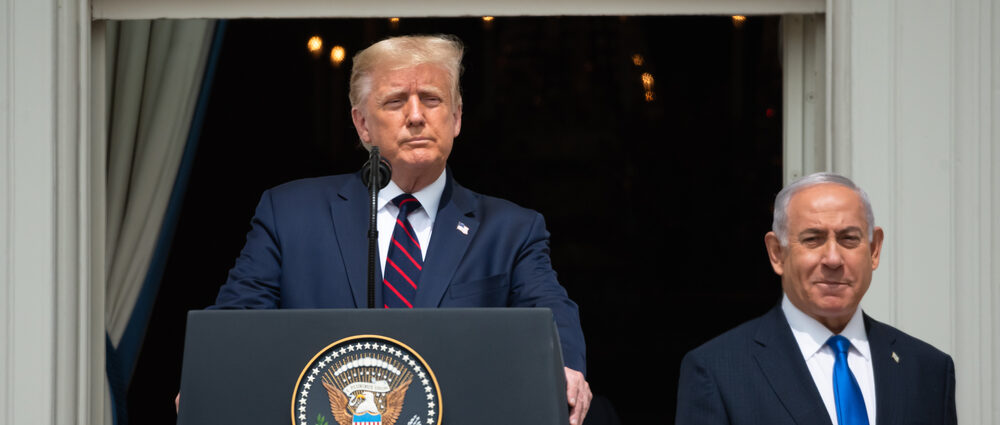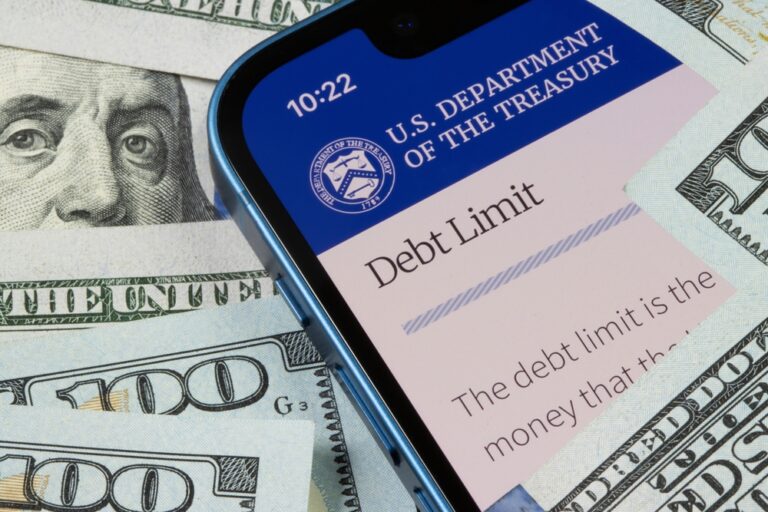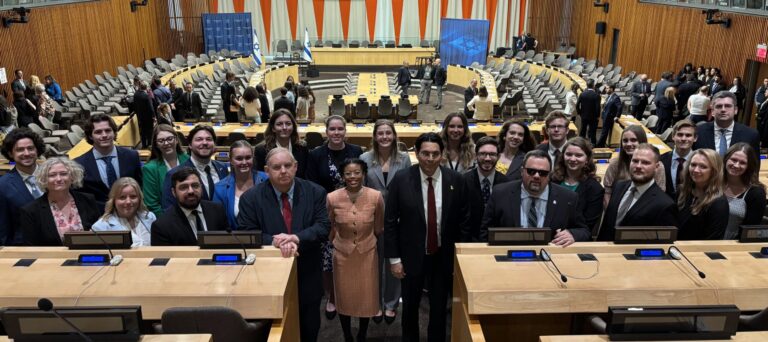A Different Band but a Familiar Tune: Trump’s Second-Term Policies on Israel
Editor's Note: The views and opinions expressed in this article are those of the author and do not necessarily reflect the official policy or position of Regent University, its faculty, administration, or affiliates.
President Trump’s transition and, in particular, his announced incoming foreign policy team should hearten advocates of a strong U.S.-Israel relationship. To some extent, this isn’t surprising given Trump’s first term. From moving the U.S. Embassy to Jerusalem, to the Abraham Accords, to a consistent firm stance against Iran’s aggressively revisionist regional ambitions, Trump’s policies were received very favorably by both the Israeli government and a majority of Israelis.
This stands in contrast to the Biden administration, which most Israelis viewed with more ambiguity. Israelis generally appreciated Biden’s commitment to their self-defense, particularly when some in his own party were not willing even to go that far. The Biden Administration’s consistent paranoia about escalation, on the other hand, was often seen as an impediment to Israel’s strategic aims. Most troubling of all, from an Israeli perspective, was a return to the Obama-era, soft-on-Iran paradigm, of which Biden has been an advocate for more than two decades.
Israelis are very likely to view President Trump’s second term more positively. From the beginning, one of the foreign-policy transition team’s most prominent voices was Brian Hook, a key architect of Trump’s first-term Iran policy. Incoming National Security Advisor Mike Waltz and Secretary of State nominee Marco Rubio are both Iran hawks of long standing. Rubio, in particular, was an early critic of Obama’s Iran nuclear deal, to which Israelis objected strenuously.
Two other appointments are tonally significant. First, Israel has faced persistent and endemic hostility at the United Nations for decades, much of it a legacy of the (subsequently over-turned) Soviet-instigated “Zionism is racism” resolution of the 1970s. With that in mind, it is no accident that Trump chose Rep. Elise Stefanik (R-N.Y.) as his U.N. Ambassador. A rising star in the House and a close Trump ally in his first term, Stefanik also made headlines by grilling university professors about their woefully inadequate responses to virulent campus antisemitism after October 7. Israelis can expect Stefanik to subject dictators, ambassadors, and bureaucrats to the same scrutiny.
The nomination of former Arkansas governor Mike Huckabee as Ambassador to Israel is another statement. Though Huckabee is not the first non-Jewish Ambassador to Israel, few (if any) have had his ties to the pro-Israel Christian movement. He has worked closely with the International Fellowship of Christians and Jews, a major player in building relationships between evangelicals and Jews.
In his own right, Huckabee has used his prominent media platform to encourage Christian support for Israel. His selection as Ambassador may have a significant impact on the alliance between Jews and Christians who support Israel. The rise of overt antisemitism in progressive spaces has left many American Jews feeling isolated and alienated, even as evangelical Christians remain steadfast allies of the Jewish state. As Ambassador to Israel, Huckabee is uniquely positioned to help forge a new alliance against antisemitism, in which evangelicals could and should play a prominent role.
As much as he will strive for continuity with his first term, President-Elect Trump comes into office after a four-year hiatus. Many circumstances in the Middle East have changed. Perhaps no change has been as pivotal as the fallout from the October 7 terrorist attacks in 2023 and the subsequent wars between Israel and the Iranian alliance. Fundamental shifts in Gaza, Lebanon, and Syria will have implications that are expected to shape, at least, the next decade in the Middle East.
Almost immediately, therefore, the new administration will face several crises, in which the U.S. will necessarily have at least some role to play. In Lebanon, the fragile ceasefire brokered by the French and the U.S. will need to be monitored, even as serious questions remain about the capacity of the Lebanese military and government to live up to their portion of the agreement. A Lebanon where Hezbollah no longer retains a de facto veto on the government’s actions would be good for the U.S., Israel, and their allies. In Gaza, even in the best-case scenario of a rapid end to the current conflict, significant challenges remain, including: building critical infrastructure; de-radicalization of a population indoctrinated by Hamas; preserving Israeli security; and establishing a governance framework acceptable to both Israel and the population of Gaza. In Syria, the dramatic collapse of the Assad regime and the weakening of its backers in Russia and Iran eliminate one problem, but it may well be replaced with another. Between the more prominent Al-Qaeda rebels and the active involvement of Turkey’s President Erdogan, it is unlikely any new regime in Syria will be more friendly to the U.S. or Israel.
Against this backdrop, President Trump will likely try to expand the Abraham Accords, marginalize Iran and its proxies, and prevent the outbreak of any large-scale conflict. In addition to his professional team, he will also rely on two personal envoys: his friend Steve Whitcoft and his daughter Tiffany’s father-in-law, Massad Boulos. The latter, in particular, has deep ties in Lebanon and will doubtless be asked to serve as a go-between for factions in both Lebanon and Syria.
President Trump would also be well-advised to keep a close watch on Erdogan, who sees himself as playing a prominent, neo-Ottoman role, as the defender of Sunni interests and antagonist to the West, in the region. Erdogan has portrayed himself as the second coming of Abdulhamid II, the last effective Ottoman sultan, who was known for Islam-infused authoritarianism and anti-Christian pogroms. It’s also significant that Erdogan has advanced popular narratives in Turkey that blame Zionism for the Ottoman Empire’s collapse. Turkey’s hostility toward Israel — and our Mideast allies — has increased under Erdogan. Given Turkey’s newly expanded role in Syria, this bears watching.
On the whole, advocates of a strong U.S.-Israel relationship should be encouraged by the early signs from the second Trump administration. If the environment in the Middle East is, perhaps, more challenging than it was at the start of his first term, Trump seems determined to replicate much of his relatively successful first-term regional strategy. That approach is likely to be a good thing for America, Israel, and the region.







